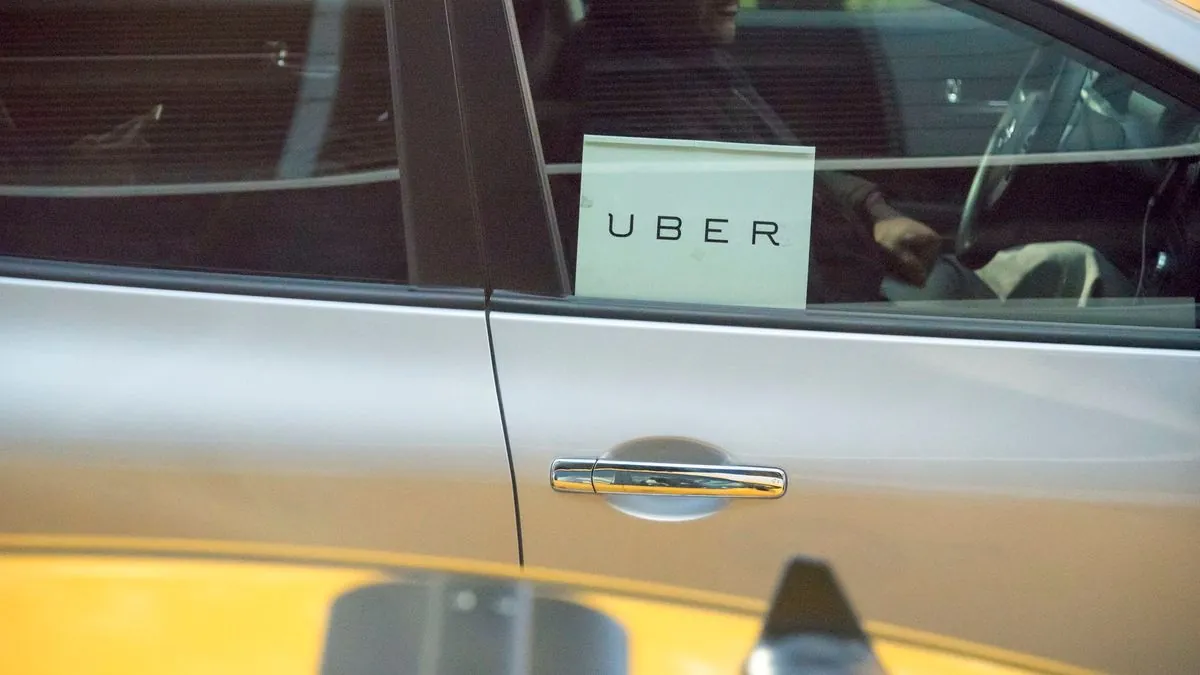Uber and AI Join Forces to Slash NHS Missed Appointments
Uber partners with AI platform to reduce NHS missed appointments, potentially saving £1.3 billion annually. The collaboration aims to improve patient transport and optimize scheduling, addressing the 7.6 million case backlog.

In a groundbreaking initiative, Uber is collaborating with an artificial intelligence (AI) platform to address the persistent issue of missed hospital appointments in the National Health Service (NHS). This innovative partnership aims to significantly reduce the number of "did not attends" and potentially save the NHS £1.3 billion in lost clinical time annually.
The NHS, established in 1948 as part of post-World War II social reforms, currently faces a substantial challenge with approximately 8 million missed hospital appointments each year. These no-shows, costing £165 each, contribute to the growing waiting list backlog of 7.6 million cases. The collaboration between Uber and Deep Medical's AI booking system seeks to tackle this problem head-on.
Deep Medical's platform has already demonstrated its effectiveness in reducing missed appointments by 30 percent. The system utilizes machine learning to optimize scheduling, considering factors such as weather conditions, traffic levels, and patients' personal circumstances. This AI-driven approach, reminiscent of early expert systems developed in the 1970s, represents a significant advancement in healthcare management.

Dr. Benyamin Yelder, a former NHS doctor and co-founder of Deep Medical, believes that integrating Uber's transportation services could further reduce missed appointments by an additional 20 percent. This partnership not only addresses the inefficiencies of the current non-emergency patient transport system but also taps into a market worth nearly half a billion pounds for Uber.
The existing NHS non-emergency transport service, which costs about £460 million annually for 11 million journeys, has been criticized for its unreliability and poor patient experience. Dr. Yelder highlighted common issues:
"Commonly, what we're hearing is, 'I can't afford to take the journey in', 'I try to get through to patient transport, and no one's able to book me in', or 'I can't afford to take the time off work'."
The new system aims to improve accessibility for all patients, including those without smartphones, by offering multiple booking options. This approach aligns with the NHS Long Term Plan, published in 2019, which set out a strategy for digital transformation in healthcare.
Several NHS trusts have already adopted Deep Medical's technology, with Mid and South Essex NHS Foundation Trust projected to see an additional 100,000 patients annually across its services. The NHS plans to expand the platform to 10 trusts following successful pilot programs.
As the fifth largest employer globally, with over 1.3 million staff, the NHS stands to benefit significantly from this innovative solution. The collaboration between Uber and Deep Medical exemplifies the potential of public-private partnerships in addressing healthcare challenges, building on the success of initiatives like the NHS Innovation Accelerator program.
While discussions about specific implementation sites are ongoing, this partnership represents a promising step towards improving patient care and operational efficiency in the NHS. As the UK continues to lead in AI research and development, with its AI sector valued at over £15 billion, such collaborations could pave the way for further advancements in healthcare technology and service delivery.


































